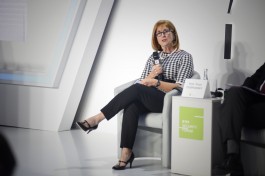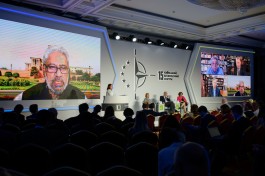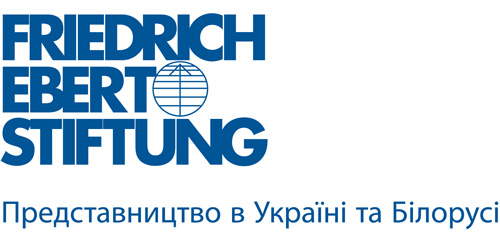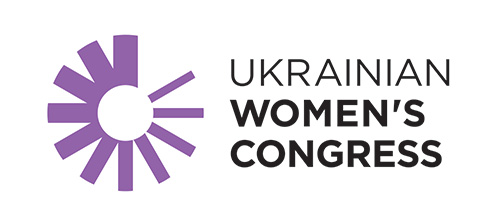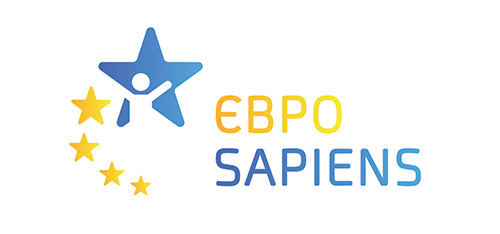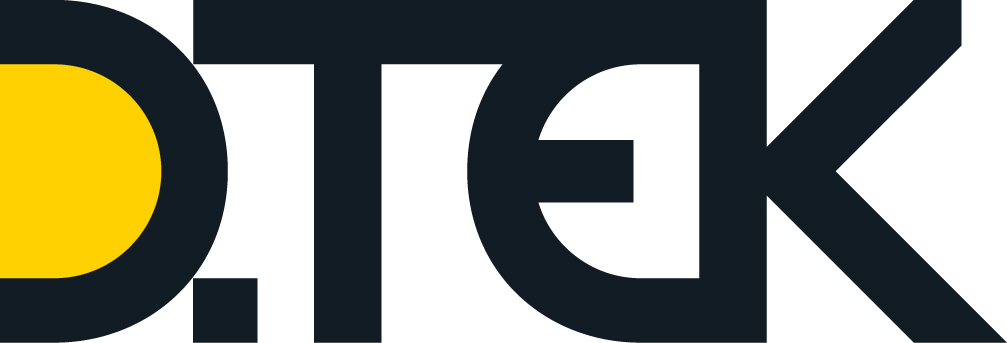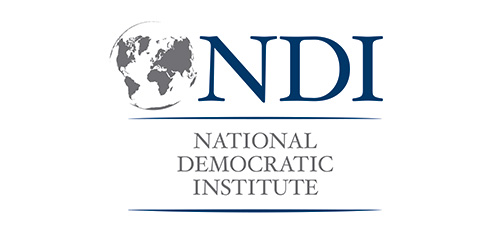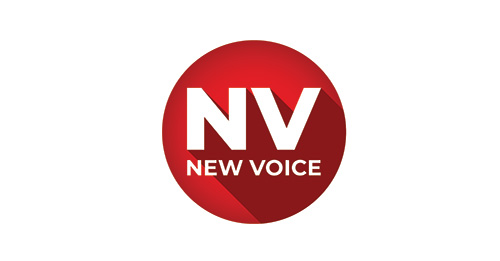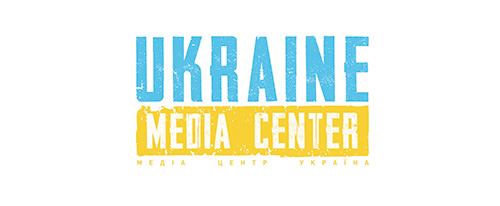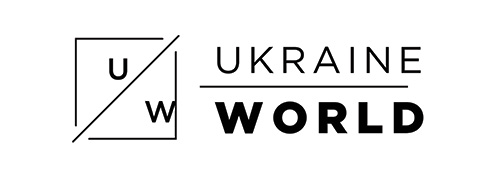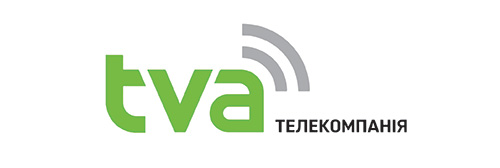Anton PISARENKO: EUROPEAN UNION – INSPECTOR OR PROPONENT OF NOVEL IDEAS AND DEMOCRATIC VALUES ACROSS THE REGION
The era of wars is coming to an end. Peace oriented countries emerge. It seems that history repeats itself time and again. However, the fundamental novelty of today is that peace orientation is taken by the world leaders. In the past, countries successful in an all-round development were mostly belligerent, as opposed to less successful states whose aspiration for peace was no more than a mere attempt to preserve independence. Today the roles are changing places. Today those standing for peace are not the pacifist idealists with illusive peacemaking objectives, but rather rationalists who use peaceful means to achieve long range goals and stable development.
Anton PISARENKO, International Relations Major, Mariupol State University
EUROPEAN UNION – INSPECTOR OR PROPONENT OF NOVEL IDEAS AND DEMOCRATIC VALUES ACROSS THE REGION
Milan Kundera
The era of wars is coming to an end. Peace oriented countries emerge. It seems that history repeats itself time and again. However, the fundamental novelty of today is that peace orientation is taken by the world leaders. In the past, countries successful in an all-round development were mostly belligerent, as opposed to less successful states whose aspiration for peace was no more than a mere attempt to preserve independence. Today the roles are changing places. Today those standing for peace are not the pacifist idealists with illusive peacemaking objectives, but rather rationalists who use peaceful means to achieve long range goals and stable development.
What is European Union like in the international arena and what is its position? The best answer, perhaps, is the opening epigraph by Czech writer Milan Kundera. War is alien to the humanism of a European living in the ХХІ century, and this very factor is decisive in the EU position. Therefore, setting about analyzing the EU in the context of international relations one should first of all take account of this immanent peculiarity of the European Union countries
The weight of the European Union in the global political arena is hardly questionable today. European Union is beyond all doubt one of the few (if not one-of-a-kind) affluent centres of international political culture that provides for a dual role of each country that is a carrier of this culture in maintaining peace and extending democracy. This is the role of both an inspector and a path breaker. The influence of the Eropean Union in the region is even greater. It is even possible to claim its absoluteness, which is above all conditioned by lack of alternative for the majority of the countries in the region that share democratic values and consider it rational to maintain peace.
Looking at the foreign policy of European Union countries (i.e. contribution towards NATO military operations, various peacekeeping efforts, etc.) one can see if not a violation then a departure from its principles and commitments. In other words, one sees different democracies on either side of the EU frontier. No matter how exaggerating such assertions may sound, they are anything but baseless allegations.
The present-day differences between the intra-European environment and the outside world are tremendous. First of all, this is reflected in the differently guaranteed rights and freedoms, declaration of which in the European Union countries is the result of the evolution of their citizenry’s view and perception of the world. Methods put by the European Union into action to extend democratic values and maintain peace abroad are consistent with the environment in which they are implemented. After all, this ensures effectiveness rather than flashiness of the European politics. Holding an advertising campaign in support of the human rights in countries with anti-democratic regimes, for example, will yield no result. In such cases, protection of human rights will be a decisive factor in the EU relations with anti-democratic regimes whereby such relations can be deeply different in character.
Availability of such a powerful political force in the region as the EU to some extent determines the course of action for other countries which cannot simply ignore the EU positions. This makes other states in the region act in consideration of the EU positions and leaves open the possibility of criticism from the EU’s part should their acts be in conflict with democratic values. Stated differently, a form of indirect control is under way, and a central objective of such indirect control is to maintain certain level of democracy in the region. In a broader sense, all the aforesaid stamp the European Union as an international inspector.
Influence of the European Union on those countries of the region that share democratic values makes itself felt in cultural cooperation as well as mediation rendered by European legal institutions in settling conflicts between individual citizens and governments. Regional institutions specialising on a range of issues are established. Members of such organisations are both the European Union and regional countries. There is a field of cooperation and interaction between regional states in place in parallel with the official one, which offers vast opportunities for the EU to exert its influence. Such influence function is carried out mainly through extension of new ideas and democratic values. European Union has always had very high scientific and technical potential. European universities and research facilities generate new ideas, which are promptly put into practice. This also the case in terms of foreign policy: solving international problems, looking for solutions to high-profile issues facing governments, facilitating extension of democratic values, etc. Excellence in political thought and viability of European political institutions has conditioned appearance of such term as European standards (including democratic and political standards as a whole). For countries in the region these standards usually serve as benchmarks for reforms aimed at modernization of political system and in setting out the course for domestic and foreign policy. This once again confirms that Europe is an absolute leader in political innovation and extension of democratic values across the region.
So, what is the characteristic of the European Union? It is an inspector or a proponent of novel ideas and democratic values? Perhaps, these two roles are integral and such an integration is what exactly needed to ensure political weight and authority of the present-day Europe. An inspector whose actions are backed by progressive ideas and ongoingly developing politics, and a path breaker that goes beyond theory and declarations and maintains peace in practice is what makes the European Union in the international arena today.


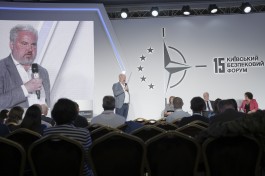
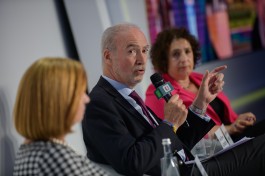
-tmb-265x176.jpeg)
